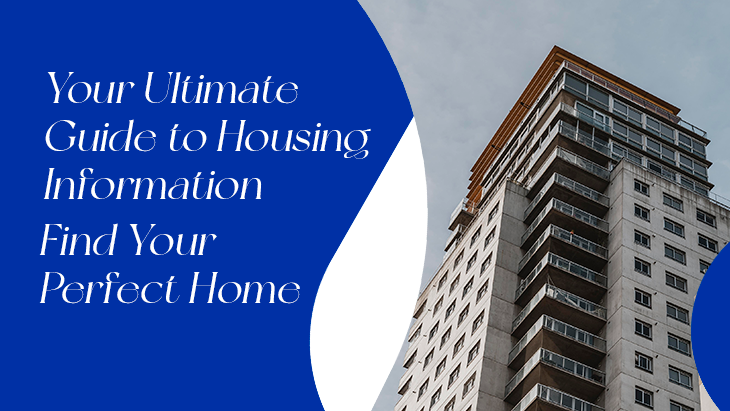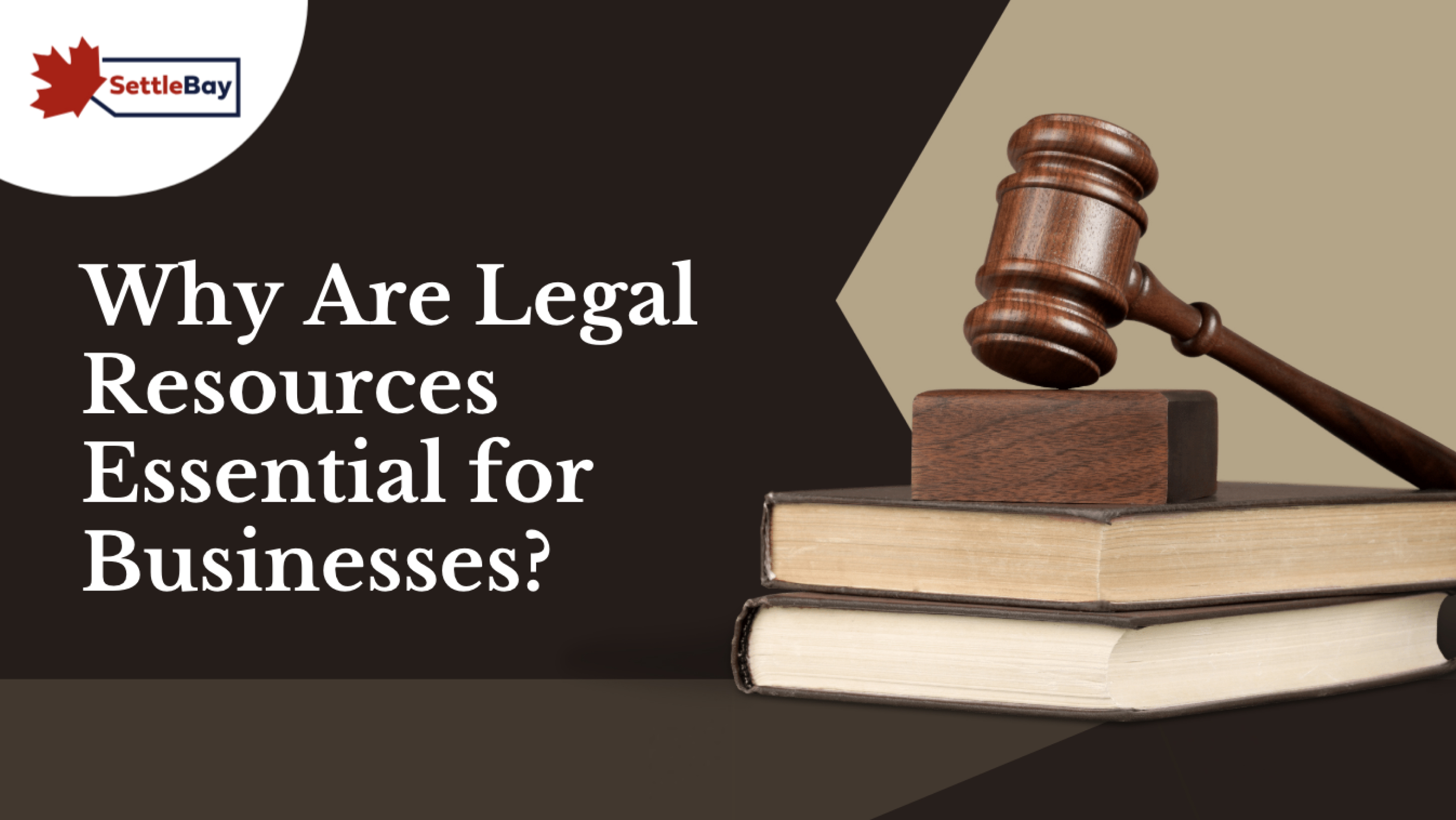Finding the perfect home comes together in a combination of practicality, emotion, and a dash of luck. It might be your first home purchase, an investment for later years, or simply something you are looking at as your options. In either case, having the right information at your fingertips makes all the difference between Rentals and Premium Real Estate. This all-inclusive guide to housing information will give you everything you want to know, from understanding market trends to narrowing your options and everything in between.
1. Assess Your Needs and Wants
Before you start viewing homes, take some time to consider what you need and want. Consider the following:
Budget: Money that I can afford. It includes down payments, mortgage payments every month, property taxes, and maybe future repairs. An effective budget will stop you from spending unnecessary time with properties outside of your financial budget.
Location: Consider where you will be living. Maybe it is close to work or family, which is important, but perhaps it is a quiet suburban neighborhood or the hustle and bustle of city life.
Size and configuration: What is your preference? A small apartment or townhouse, or perhaps an expansive single-family home? Layout considerations include an office or study, extra bedrooms, and an open-concept living area.
Long-Term Growth: Consider your plans to begin having a family. Are you predicting that you will have an eventual job shift, change in lifestyle, and probably change housing in the short term? A home that serves the current needs is vital, but do consider how well it is going to serve you when years go by.
2. Know the Market
Real estate can vary greatly from place to place, by season of the year, and by the prevailing economic conditions. This calls for knowledge of the market trend beforehand.
Market Conditions: Markets do shift. Whether it is a seller's market or a buyer's market puts one at an advantage. When demand exceeds supply, then it is known as a seller's market. In that kind of market, houses sell pretty quickly and sometimes even for more than the asking price. A buyer's market occurs when the supply of houses available for sale is greater than the number of house buyers.
Interest Rates: This is the interest you pay for your house after some time. A low interest rate will save you a lot of money, while a high interest rate is expensive. Try to find the current interest rates and what is happening so that you will know when to buy your house.
Neighborhood Comparisons: Do some research on the neighborhoods you’re interested in. Look at property values, recent sales, and the area’s growth potential. Consider crime rates, school ratings, and future development plans. Tools like Zillow, Redfin, and Realtor.com offer valuable insights into the current state of specific neighborhoods.
3. Types of Homes
You will find a lot of houses when you try to buy one. Getting information about different types of properties available would help in your decision-making for your style of living.
A single-family home is a free-standing house that provides personal privacy and space. Traditionally, it is ideal for a family or for someone who likes having a big yard. One drawback is that the maintenance is more expensive, and in most cases, it ends up costing more money too.
Townhouses: Townhomes share walls with neighboring units but generally offer more space than apartments. They can be a great option for those who want homeownership but prefer less maintenance than a single-family home.
Condominiums (Condos): A condo is generally a free-standing unit in a building or complex. They are also relatively more affordable entryways into the ownership world, especially in urbanized areas. The monthly homeowners association fees cover building maintenance, among other things.
Co-ops: Co-op housing is buying a share in a building or complex rather than buying your unit. Co-ops are usually much more strict in terms of rules and qualifications to own but can also be less expensive in other areas.
4. The Homebuying Process
Once you identify what you are looking for and what will suit the needs of each one of us, then dive into this homebuying process. Here are the simplified versions of how to go through it all:
Get pre-approved for a mortgage. You must be pre-approved for a mortgage before seriously searching for homes. This will let you have an idea about the price range of a home that you would be able to afford and increase your attractiveness as a customer to your sellers. Compare and find the best deals with the best terms available to you.
Hire a real estate agent. They will have access to properties before they hit the market and can negotiate on your behalf. They can also give you insights into the neighborhood, market trends, and any potential issues with properties.
Begin House Hunting: With your budget and must-haves in hand, start looking at homes. Take pictures, compare features, and pay attention to the condition of the property and location. Depending on market conditions, you may need to be prepared for multiple offers and bidding wars.
Negotiate and Close the Deal: Once your offer is accepted, there will be a negotiation process involving inspections, appraisals, and possibly price adjustments. Once everything is agreed upon, you’ll close the deal, sign the paperwork, and take possession of your new home.
5. Post-Purchase Considerations
After purchasing a home, there are a few final considerations to ensure a smooth transition into homeownership:
Home insurance: Always ensure you have good coverage of home insurance over your investment. That must take care of damage to your property and personal possessions along with liability in the case of accidents happening at your place.
Home Maintenance: There are lots of things you can do to ensure your house will be in good condition, from simple seasonal activities such as cleaning the gutters to fixing your leaky faucet and doing all sorts of repairs to make sure your house stays at its best value.
Be in Your Budget: Homeownership comes with other expenses aside from your mortgage. Property taxes, utilities, repairs, and insurance should all be part of your budget to make sure you do not stretch yourself too thin financially.
Conclusion
SettleBay, finding your dream house can be thrilling yet overwhelming. Therefore, armed with the right knowledge, you will find your way through this process with confidence. Take your time evaluating the needs you have; grasp the market; you could learn about the nature and types of properties available out there. You can work with experts who will help you step your way in this process of deciding every milestone along the way. Whether it's your very first home or your very dream home, there's that right spot waiting for you to find and land on.





Leave a reply